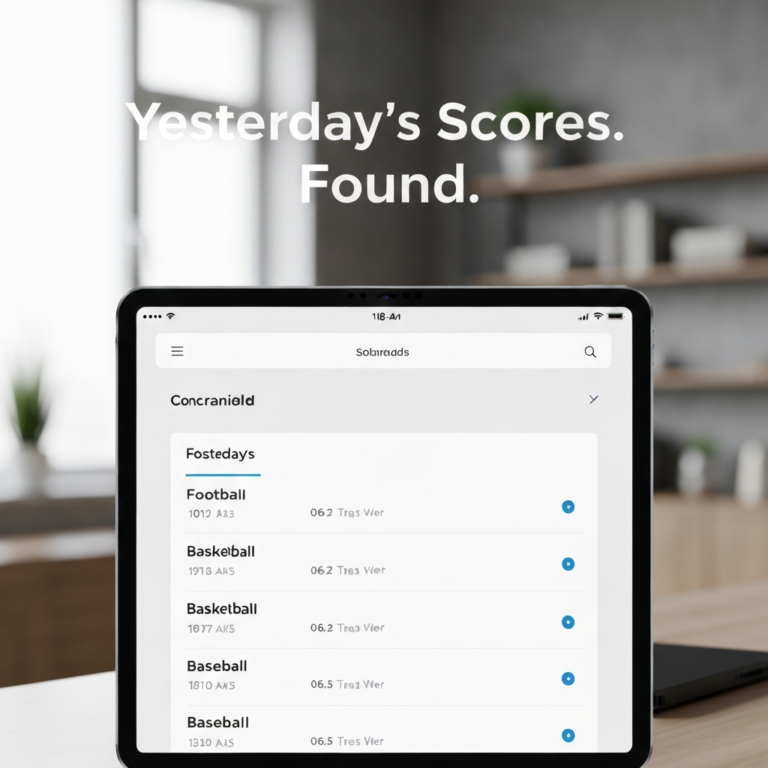
Westlaw AI dispute | Image: Wired
The battle between artificial intelligence and copyright law just took a decisive turn. In a landmark ruling, Thomson Reuters has won the first major AI copyright lawsuit in the United States against legal AI startup Ross Intelligence. The case, centered around the unauthorized use of Westlaw’s proprietary legal materials, sets a powerful precedent that could reshape the AI industry.
How the Legal Battle Unfolded
In 2020, Thomson Reuters, the parent company of legal research giant Westlaw, filed a lawsuit against Ross Intelligence. The allegation? Ross had copied Westlaw’s editorial content—particularly headnotes and legal summaries—to train its AI-driven research tool. This, Reuters argued, was clear-cut copyright infringement.
[RELATED: AI News Chaos: BBC Exposes 51% Error Rate!]
The defense? Ross Intelligence claimed fair use, arguing that AI models require vast amounts of data to function effectively. They positioned their platform as an innovative tool for democratizing legal research, not as a competitor to Westlaw. But the court saw things differently.
Judge’s Ruling: A Blow to AI’s Fair Use Argument
On February 7, U.S. District Court Judge Stephanos Bibas ruled in favor of Thomson Reuters, stating that Ross Intelligence’s defenses “hold no water.” The court’s decision hinged on fair use—an essential doctrine in copyright law that allows limited use of copyrighted content under certain conditions. However, the judge found that Ross failed to meet key fair use criteria:
- Purpose & Character of Use – The AI firm intended to commercialize its platform, which weighed against fair use.
- Nature of Copyrighted Work – Westlaw’s headnotes and summaries, written by legal experts, carried significant originality and investment.
- Amount Used – The court determined Ross had copied a substantial portion of Westlaw’s database.
- Market Effect (the most crucial factor) – Ross created a competing product that could directly impact Westlaw’s market share.
This ruling dismisses a major argument AI developers have used to justify training their models on copyrighted materials without explicit permission.
What This Means for AI Companies
Generative AI firms like OpenAI and Google’s DeepMind are already facing lawsuits for using copyrighted books, articles, and images to train their models. The Thomson Reuters decision signals that courts are willing to crack down on AI companies that fail to secure licensing agreements.
This ruling could have ripple effects across multiple industries:
- Legal AI Tools – Developers may need to rethink their approach to sourcing legal texts.
- Publishing & Media – News organizations and book publishers may feel emboldened to challenge AI models trained on their content.
- Visual & Creative AI – AI-generated art, music, and video could face similar legal scrutiny.
While this case specifically deals with legal research, it opens the door for similar challenges in creative and academic fields. AI startups may need to reassess their data collection methods to avoid future litigation.
Ross Intelligence: A Startup’s Downfall
The financial burden of the lawsuit proved too much for Ross Intelligence. The startup shut down in 2021, citing mounting legal costs. While tech giants have deeper pockets to sustain prolonged court battles, smaller AI firms may struggle to survive legal challenges like this.
What’s Next? The Future of AI & Copyright
The ruling sets the stage for further legal scrutiny of AI training data. If courts continue to rule against AI companies on copyright grounds, the industry may need to shift towards licensed datasets, partnerships with content creators, or alternative data-sourcing strategies.
For now, the verdict in Thomson Reuters vs. Ross Intelligence is a wake-up call. The AI industry’s rapid expansion has outpaced existing legal frameworks, but this case shows that copyright law still holds power in the face of technological disruption.






